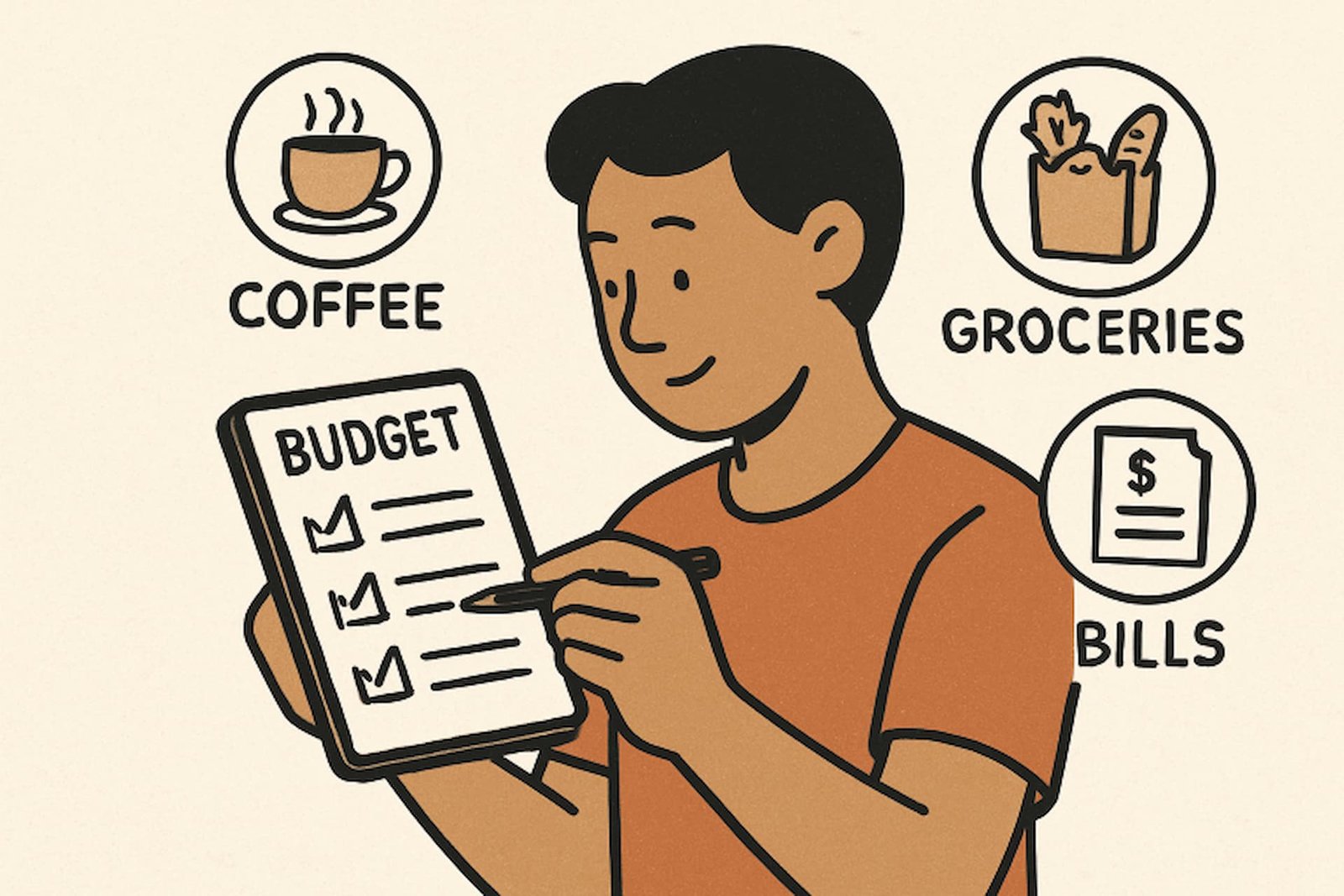Key Takeaways
- Building simple money routines can lead to tangible improvements in your long-term finances.
- Tracking your spending and setting clear goals form the backbone of effective money management.
- Budgeting tools, mindful choices, and automation help control impulsive or unnecessary spending day to day.
Managing your daily expenses doesn’t have to feel overwhelming or restrictive. By introducing a few practical habits into your routine, you can build a healthier financial future while still enjoying life’s simple pleasures. Small changes can add up to surprisingly significant results—whether it’s by tracking how you spend or leveraging modern tools. For example, selecting the right checking accounts can give you access to helpful budgeting features and simplify how you manage money every day. Understanding which bank accounts or credit union services fit your needs can make a real difference in your overall financial stability, so it’s worth reviewing your options early on.
Adopting easy, sustainable money habits not only helps you curb unnecessary expenses but also encourages conscious decision-making. With the right approach, strategies like automating savings, canceling unused subscriptions, and separating wants from needs become straightforward actions rather than daunting tasks. Read on to discover practical and actionable tips for mastering your finances one habit at a time.
Track Your Expenses
Understanding where your money goes is the first step towards financial well-being. Start by consistently recording each expense, whether it’s a morning coffee, a ride-share, or a monthly bill. Modern budgeting apps and spreadsheets offer features to automatically categorize and display your spending habits, making it easier to spot trends and identify leaks in your budget. Diligently tracking every transaction, no matter how minor, creates a sense of accountability and gives you data to make smarter decisions moving forward.
Set Clear Financial Goals
Having well-defined financial goals gives purpose to your money management. These targets can be big, like buying a home, or small, like saving for a weekend getaway. Break larger targets into smaller, achievable milestones, and don’t forget to celebrate progress along the way. Whether your goal is to build an emergency fund or save for a specific purchase, placing visual reminders—such as notes on your fridge or a dedicated savings tracker—can keep your motivation high and your spending in check.
Prioritize Needs Over Wants
One of the fundamental rules of smart spending is distinguishing needs from wants. Start by ensuring your essentials—housing, groceries, transportation, and utilities—are fully covered. Once necessities are handled, you can allocate funds towards discretionary expenses. Consciously limiting spending on nonessential items enables you to redirect more money towards your goals. A good exercise is to review your last month of spending and sort expenses into “needs” and “wants” to reveal areas you can easily adjust.
Create a Realistic Budget Plan
Crafting a budget tailor-made for your lifestyle and income is vital in avoiding unnecessary debt. Don’t make your plan too restrictive; instead, aim for balance. Divide your income among savings, essentials, and personal spending, always leaving room for unexpected costs. Revisit and revise your budget regularly, especially after major life changes, to ensure it stays relevant and sustainable. This way, your budget becomes a living document guiding both your daily and long-term decisions.
Practice Mindful Spending Decisions
Mindful spending means being present each time you make a purchase, evaluating whether you truly need an item or if it’s an emotionally driven choice. Consider both the short-term gratification and the long-term outcome. Asking yourself, “Does this align with my goals?” helps minimize regretful buys. Tricks like making shopping lists—or only shopping when you’re calm and not hungry—can significantly lower accidental and impulsive purchases.

Automate Your Savings
One of the most effective ways to save is by making it automatic. Set up a recurring bank transfer from your checking account into a dedicated savings account right after payday. Treat your savings transfer as a fixed monthly bill, so you never have to decide whether or not to save—it just happens. This approach simplifies budgeting, builds your savings effortlessly, and provides peace of mind knowing you’re always putting something aside for the future.
Cancel Unnecessary Subscriptions
Automatic payments for streaming, magazines, fitness platforms, and other recurring services can quickly add up—especially if you no longer use them. Take time each quarter to review bank and credit card statements for recurring charges. Ask yourself whether you truly use and appreciate each subscription; if not, cancel it. Eliminating these quiet money drains can immediately free up funds for more meaningful uses like saving or investing.
Embrace the 48-Hour Rule for Non-Essential Purchases
Before making any nonessential purchase, practice the 48-hour rule by waiting two full days. This brief cooling-off period curbs impulse spending and gives you time to assess whether the item is truly worth it. Often, you’ll find the urge passes and you can either make a more informed choice or skip the purchase altogether, redirecting that money toward your priorities.
Adopting these simple money habits can transform how you handle everyday spending, helping you build smarter routines that safeguard your financial future. With the right mindset and a few small changes, you’ll steadily gain more freedom and peace of mind in your financial life.





